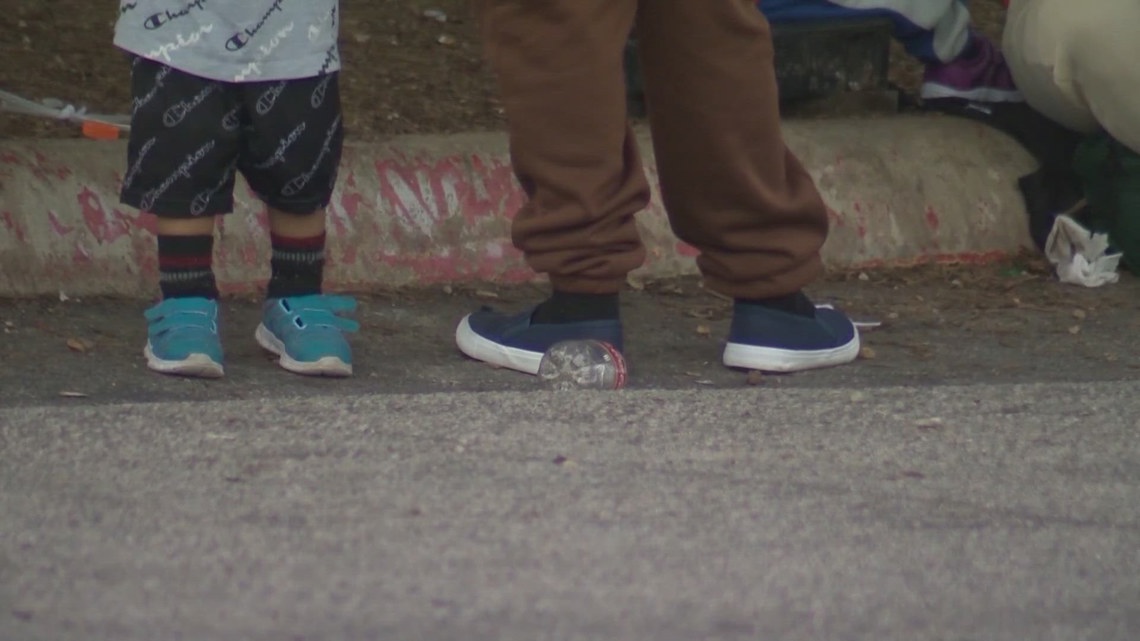
Immigration attorney Jonathan Ryan, head of the nonprofit Advokato, stressed he’s determined to continue representing the children who can’t afford legal services.
SAN ANTONIO — There’s still much uncertainty surrounding the future of legal aid for thousands of unaccompanied migrant children, even after a federal judge ordered the Trump administration to temporarily restore the provision of such services last Tuesday.
More than 25,000 migrant youth nationwide who entered the U.S. alone, are waiting in legal limbo alongside the nonprofits committed to assisting them in their immigration cases.
On March 21, the federal government terminated the contract with the Acacia Center for Justice, which provides an array of legal aid for unaccompanied minor children at risk of being deported with the help of 85 organizations across the country.
Eleven of the subcontractor organizations sued in response, arguing the government must adhere to a 2008 anti-trafficking law to provide migrant children legal representation.
Immigration attorney Jonathan Ryan heads the San Antonio-based nonprofit Advokato, which is among the dozens of organizations the Acacia Center for Justice works with to provide legal aid for unaccompanied migrant children.
“Our government might be comfortable leaving these children in the lurch. We are not,” Ryan said.
Ryan expressed the federal judge’s granting of a temporary restraining order is welcoming, however there remains an absence of clarity, which puts the legal aid organizations in jeopardy.
“Even though we celebrate that decision, it was great news, we still have not received any specific instructions as to whether we can in fact begin providing services through this program again,” Ryan said. “I understand that there are larger organizations that could face mass layoffs as a result of this termination or even just the flux of funding could put them in a significant financial bind.”
Carlos Castaneda is an immigration attorney who at a time worked for the Refugee and Immigrant Center for Education and Legal Services (RAICES), an organization that’s laid off more than a hundred workers because of the absence of flowing federal dollars coming into the Texas-nonprofit.
One of Castaneda’s prime concerns has to do with the impact of the asylum transit ban on cases for unaccompanied migrant children.
“Even if someone does have the availability of legal services, the inability to have a strong case for asylum is something that’s definitely going to hold them back,” Castaneda said.
The temporary restraining order is set to last through April 16.
Meanwhile, Ryan and his team aren’t giving up on the children they represent in court.
“We have to be at least as courageous as the children we serve because these children have fled unspeakable violence. And therefore our promise to these children remains steadfast and will continue to stand by them.”
